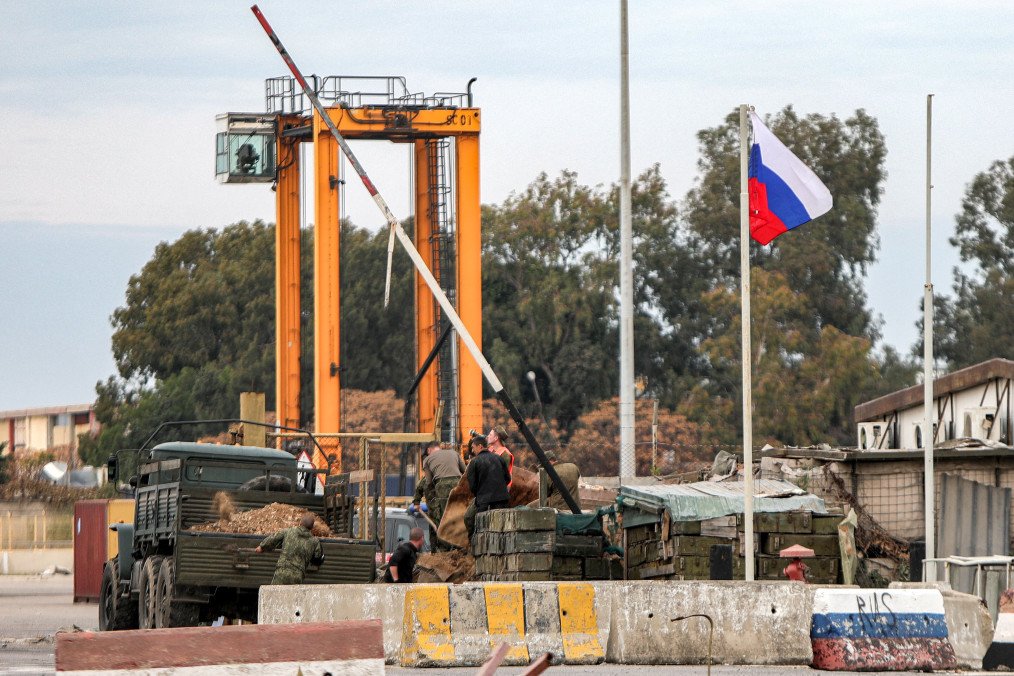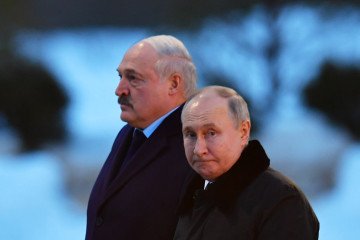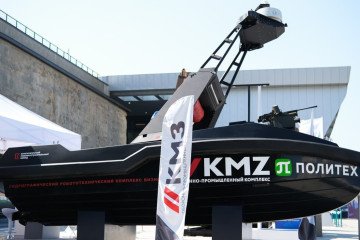Syria’s Port of Tartus has officially terminated a 49-year investment contract with Russia. This decision, announced by the Tartus Customs Directorate on January 19, redirects all revenues from the port’s operations toward the benefit of the Syrian state.
The agreement, signed in 2019, required Russia to invest a minimum of $500 million in the port’s development. However, according to Syrian officials, these commitments were not fulfilled.
Riyad Joudi, Director of Tartus Customs, confirmed to Al-Watan that the port had been underutilized due to regulatory constraints and high service fees. Joudi emphasized that the transitional government is working on restructuring operations to enhance efficiency. This includes revising laws and procedures involving multiple ministries, such as transport and foreign trade, and implementing updates under the supervision of the General Directorate of Land and Maritime Crossings.
The port’s infrastructure, which reportedly deteriorated under Russian management, is undergoing rehabilitation. Mechanisms for expedited services and modernization are being established, while facilities such as buildings and yards are being restored.
The administration has also introduced significant reductions in customs duties, cutting fees by 60% on select materials to bolster competitiveness with neighboring ports. High tariffs remain only for certain goods to protect domestic industries.
Additionally, the current administration has revised import restrictions, allowing previously banned goods, such as electrical appliances, while maintaining prohibitions on specific items to support local production.
Joudi highlighted an improvement in port traffic, with Syrian, Arab, and international vessels actively transporting goods such as iron, carbonates, and sugar.
The restructuring of the port’s administration also includes measures to improve security and streamline operations. Customs police have been reassigned to focus on border enforcement to ensure orderly operations and prevent smuggling activities.
The Tartus Port, Russia’s sole naval base outside the former Soviet Union, played a critical role in Moscow’s military and geopolitical strategy. Used since 1977, it became a key logistics hub during Russia’s military intervention in Syria in 2015, supporting operations with advanced missile systems and enabling arms shipments to Bashar al-Assad’s regime.
The port also allowed Russia to monitor NATO activities in the Mediterranean and served as a launch point for Wagner Group deployments to Africa. With Turkey restricting military access to the Bosphorus Strait, Tartus provided vital access to the Mediterranean, reinforcing Russia’s regional presence.
Earlier, Syrian opposition forces announced full control over Tartus, home to a key Russian naval base, following the overthrow of Bashar al-Assad.







